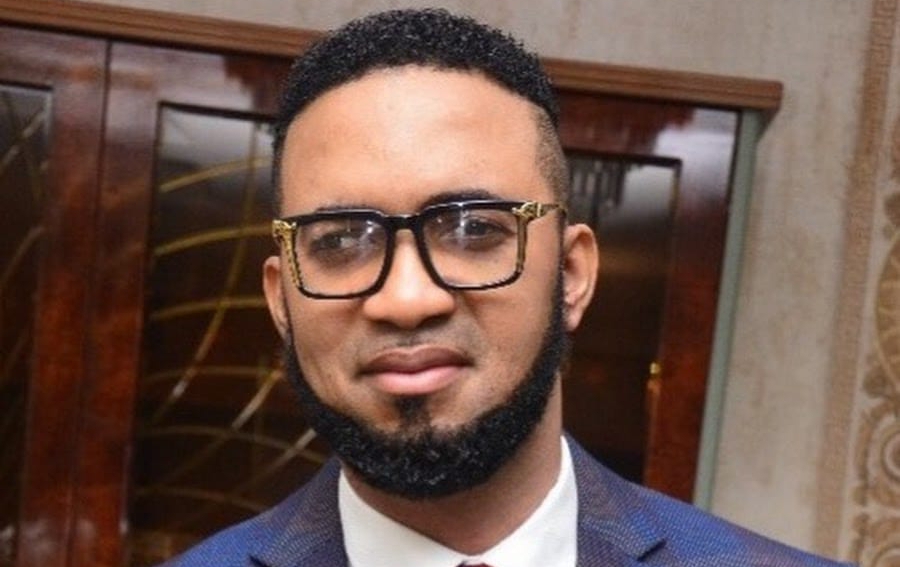• Says we can’t recreate Awolowo
• S’West stakeholders call FG’s attention to state of federal roads
• Edun, Alake, others score Tinubu’s reforms high
Chairman of the Yoruba Unity Forum and member of the Afenifere Elders’ Caucus, Archbishop Emeritus Ayo Ladigbolu, has urged the Yoruba leaders to embrace collective leadership as the only viable path to unity, saying it is no longer realistic to rally the people under one individual as was possible in the era of Chief Obafemi Awolowo.
Ladigbolu, who spoke on the second day of the South-West stakeholders’ dialogue in Akure, Ondo State, said that the Yoruba must recognise that while Awolowo and other visionaries, such as Adekunle Ajasin, left indelible marks, the times have changed and the model of unity must evolve accordingly.
He, however, identified the elders in the mould of Reuben Fasoranti, Olu Falae and Bisi Akande as “spiritually and culturally rooted vehicles for such leadership renewal.”
He recalled that Dr. Tunji Otegbeye, in his address at the Obafemi Awolowo Foundation Dialogue in 2007, had remarked: “I have ceased to deify man since I was disappointed by Zik. But the same is not true of Awo, who lived and died for Yoruba unity and one Nigeria.”
Ladigbolu said those words remain a powerful reminder that Awolowo’s greatness lay not in his person, but in his vision of unity and service to the Yoruba and the nation.
He lamented that many individuals and groups who claim to be speaking for the Yoruba “are not talking to each other,” describing the situation as one of the greatest obstacles to regional progress.
He called for renewed commitment to self-reliance and innovation, urging Yoruba leaders, professionals and business people to invest in agriculture and others.
Meanwhile, South-West leaders and stakeholders have called the attention of the Federal Government to the deplorable condition of roads in the region, urging urgent rehabilitation.
This formed part of the communiqué issued at the end of a two-day stakeholders’ dialogue, a regional citizen–government interactive town hall session organised by Afenifere, in partnership with the DAWN Commission.
The summit also advocated accelerated regional integration through strategic infrastructure, including an inter-regional rail system, industrial hubs, and farm settlements, saying that such efforts would create jobs, boost food security, and strengthen economic ties.
However, ministers from the South-West declared that the reforms undertaken by President Bola Tinubu’s administration, anchored on the Renewed Hope Agenda, are working, urging Nigerians to make necessary sacrifices.
They include Ministers of Finance, Wale Edun; Adebayo Adelabu (Power), Minister of State for Health, Dr Adekunle Salako; Minister of Marine and Blue Economy, Gboyega Oyetola, and his Solid Minerals Development counterpart, Dele Alake.
Edun said that economically, active persons across the 8,809 wards in the country would be empowered under the Renewed Hope Agenda.
He also said that Tinubu had improved national security compared to what he met on assumption of office.
Adelabu revealed that $5 billion investment had been attracted to the power sector under Tinubu’s administration, while Oyetola said Nigeria had eliminated piracy on its territorial waters.
On his part, Salako said that before Tinubu took office in 2023, about 95 per cent of Nigerians paid out of pocket for medical care, adding that much had been achieved in the last 30 months.
In his presentation, Alake said the Renewed Hope Agenda was modelled after the late Moshood Abiola’s June 12, 1993
“Hope” philosophy, which aimed at banishing poverty in Nigeria.






